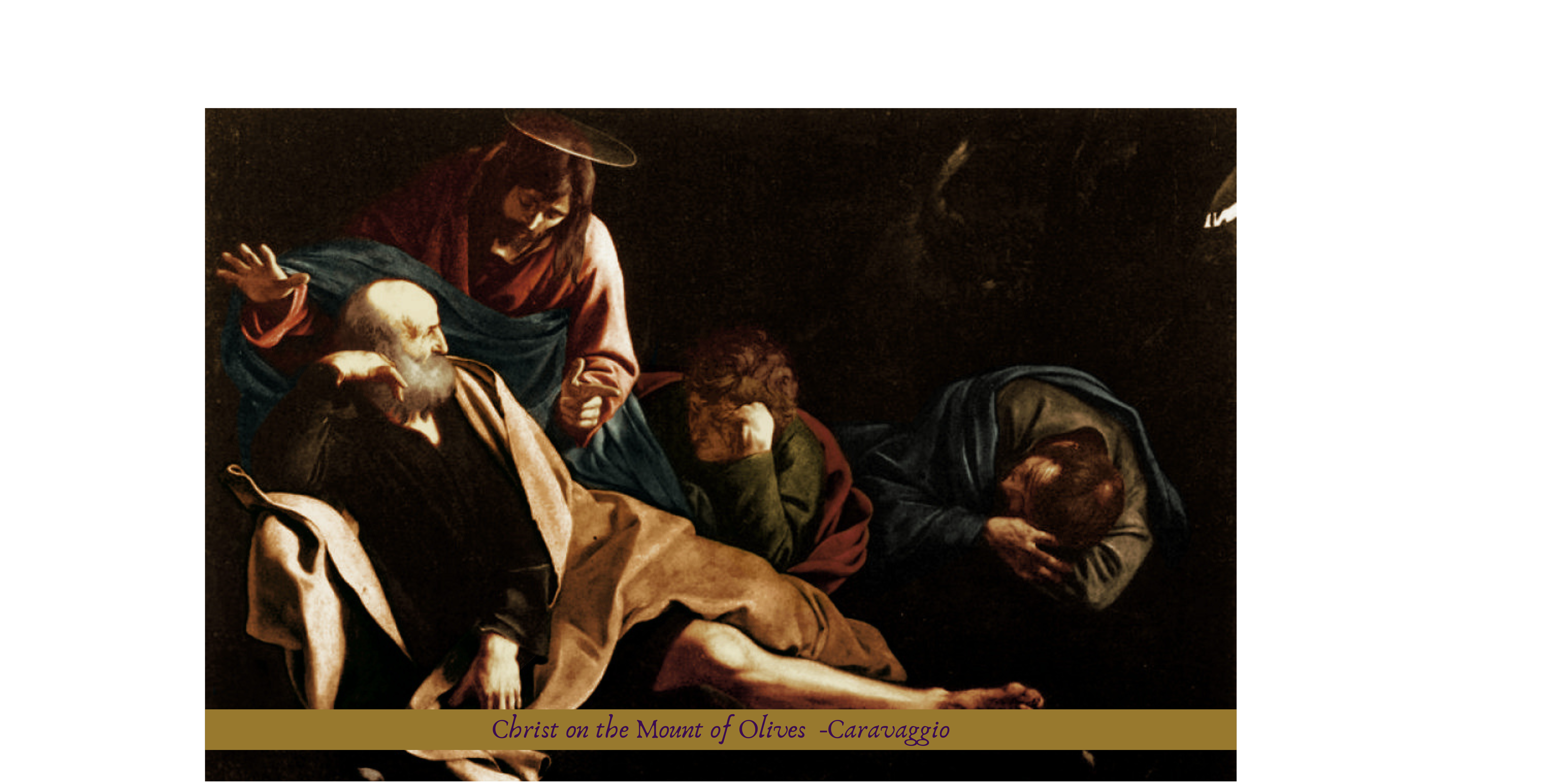Over the course of each week during Lent, Dr. Junius Johnson will bring us weekly reflections and guide us in discovering the practices and principles that amount to lifelong discipleship.
Blessed are the pure in heart, for they shall see God. (Matthew 5:8, ESV)
Fasting is the spiritual discipline most closely associated with Lent. In fact, before we had the word “Lent” (which dates from around the 12th century), it was often just called “the forty day fast.” But fasting practices differ: it varies from total abstinence from food and water at one extreme, to fasting from a single particular food at the other. In between you have things like fasting one meal a day, fasting until sundown, and fasting from whole food groups. Given this diversity in practice, it is reasonable to wonder: just what is essential in the practice of fasting? What is the one central idea that connects all these different practices together, and justifies calling all of them “fasting?”
At its heart, fasting is about self-denial. And we so desperately need to deny ourselves. To see why, let’s go back to the first sin. What was it that Satan tempted Eve with? “You will be like God.” And ever since, through all the long, dark history of human iniquity, sin begins from that fundamental lie: “I can be like God on my own; I don’t need anyone else to get there, and all things and people are material for me to use in my self-deification.”
And so we gratify our love of luxury: soft clothes, houses and cars at perfect temperatures, hot showers, beds as soft as clouds and blankets as deep as a mother’s embrace; we gratify our gluttony: foods of every variety and subtlety from all over the world in truly monstrous quantities; we gratify our lust: filling our minds with fantasies of every kind, eagerly watching what we should be ashamed to admit if we were to do it ourselves, failing to make covenant with our eyes not to look lustfully but eagerly devouring each beauty that passes us along the way; we gratify our anger, filling our minds with incitements to outrage and revelling in the exquisite pleasure of righteous anger; we gratify our envy: constantly comparing ourselves only to those above us and never to those below us, planning what we will have next rather than rejoicing in what we have now; we gratify our pride: focusing on our successes while suppressing our failures, proclaiming our rights while shunning our duties, and declaring our dominance rather than offering our service. In all of these ways, we try to usurp that prerogative of God, who alone may and can be all in all.
All of this is our sickness, and the path of discipleship runs directly contrary to it. When a person enters upon the way of the disciple, she begins the difficult project of converting “I am Lord” into “Christ is Lord.” This cannot be accomplished by simply wishing it to be true. God’s fiat was powerful enough to create the worlds; ours is too weak even to empower us to become servants. However much we long to lay hold of a form of life that declares that Christ is Lord, we find our hands locked in a death grip around the notion of our own lordship. The rigor mortis of our death in our sins keeps us locked into our commitment to our own supremacy.
This situation will never change apart from the grace of God. But even once the Holy Spirit has entered our hearts and begun the work of renovation, we do not automatically relax our grip.
We cannot earn our salvation, but the practice of Lent, like all spiritual practices, is grounded on the belief that we are not merely passive in the life of discipleship either.
Christ’s work on the cross is sufficient to cover your sins: and then we are told to pick up one of these crosses lying about the place and start walking. The path of discipleship is a path, and, like our Lord’s it is a via dolorosa.
The most helpful thing we can do on this path is to replace gratification with mortification. The problem is that we are dead in our sins; but we are dead in our sins because we are living for ourselves. The solution is therefore death: Christ’s death removes the guilt of our sins, and opens the door to our death. Baptism, at which Lent is pointed as the logical conclusion of the forty days, is a symbol clarifying the work we have to do: to die to ourselves. Only then can we die to our sin-death and rise to new life living for God.
And so fasting, which mortifies our desires, is a remedy against the original sin (the desire to be like God) by declaring that the self is not God, is not worthy of all honor and praise and glory. This is what links all the varieties of fasting above, as well as other types of fasts: the mortification of our gratification. It is appropriate for Christians to consider not only food fasts, but also fasts from media, from hot showers, from soft beds, from comfortable clothes, and so on. Any of the non-sinful ways in which we teach ourselves that we are worthy of power and wealth and wisdom and might and honor and glory and blessing (Revelation 5:12, ESV) are good targets for our fasting.
At the end of his fast, when tempted to abandon it prematurely (and he was so close to being done!), Jesus said: “Man will not live by bread alone, but by every word that comes from the mouth of God” (Matthew 4:4, ESV). He doesn’t just link fasting to abstaining from something, here, but also to seeking something in its place.
Accordingly, fasting is not purely negative: it is never about just not eating something. It is about declaring that something else is more important than food, that something else is needed to sustain life.
And Jesus is every word that ever came from the mouth of God. As the divine Word, he is every word God could ever speak. Fasting re-centers our life on Christ. In fasting we confess to ourselves that if we have only Christ, we have all we need. And so fasting purifies the heart, giving us the eyes we need to see God.
For this reason, fasting should be done where we can feel it: for the absence of the thing is the reminder we seek. Every time I want chocolate, and then remember that I am not allowed to have it, I encounter anew the claim that there is something more ultimate than chocolate in my life, something worth giving up even chocolate for. The temptation to break the fast (every time I desire chocolate) thus becomes a reminder to pray. In this way, we enlist both our own sinful hearts and the machinations of the demons in our striving for holiness.
A final but important word: fasting is the voluntary relinquishing of that which is permitted. And so there is no such thing as a fast from sin. Giving up a sin that you often commit for Lent is not fasting, it’s repenting. You were always required to give it up. In repenting, we cease twisting our soul into deformed knots, and begin ironing out the creases we have thus introduced; in fasting, we polish the soul, restoring its original character as bearing the image of Christ.



